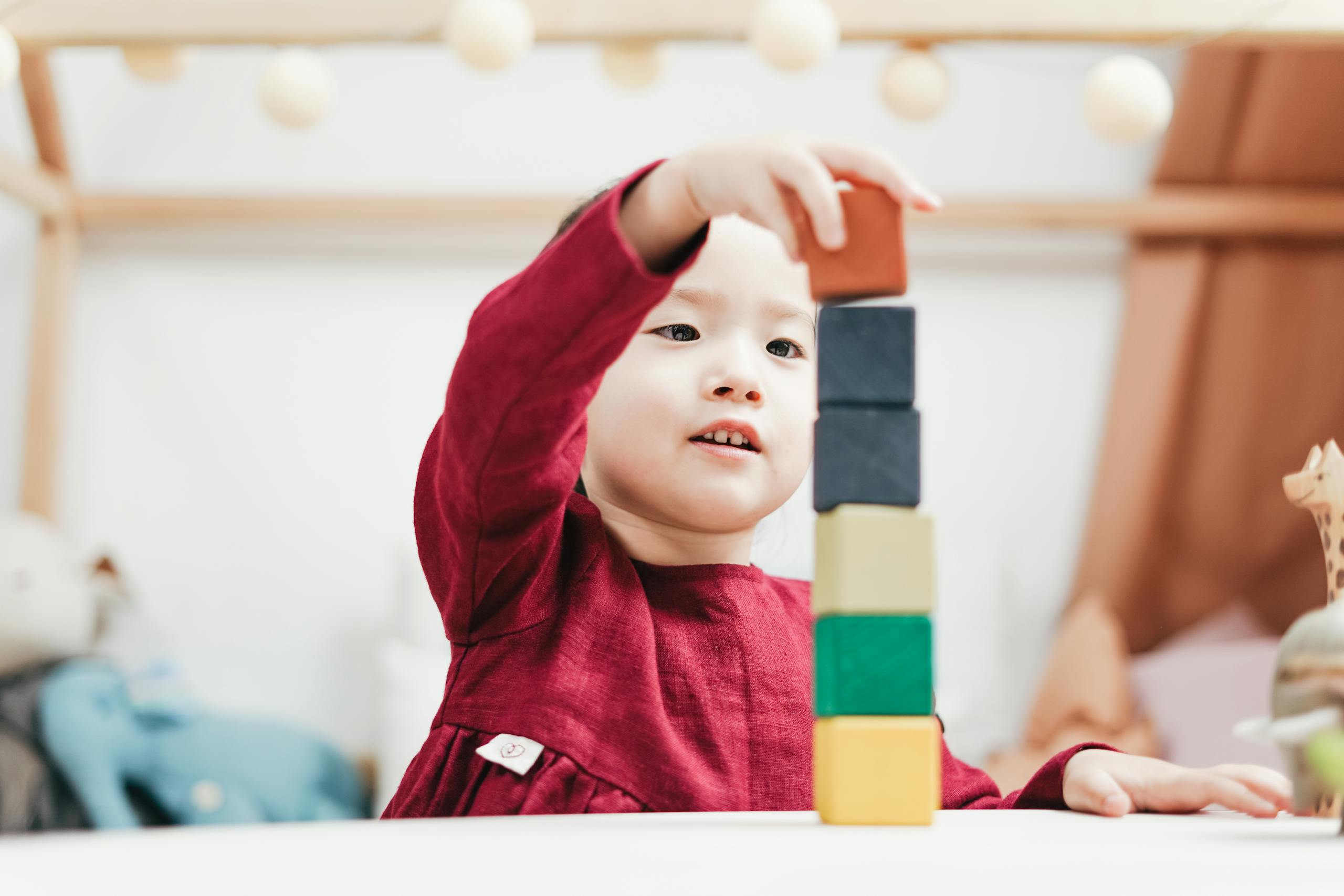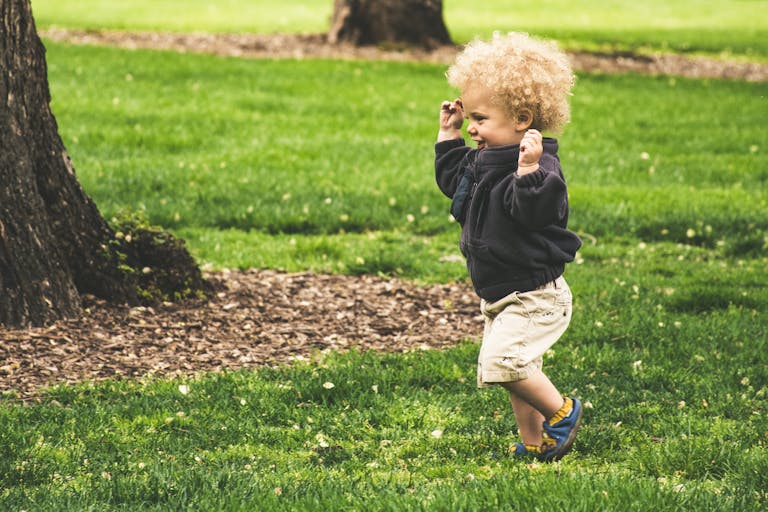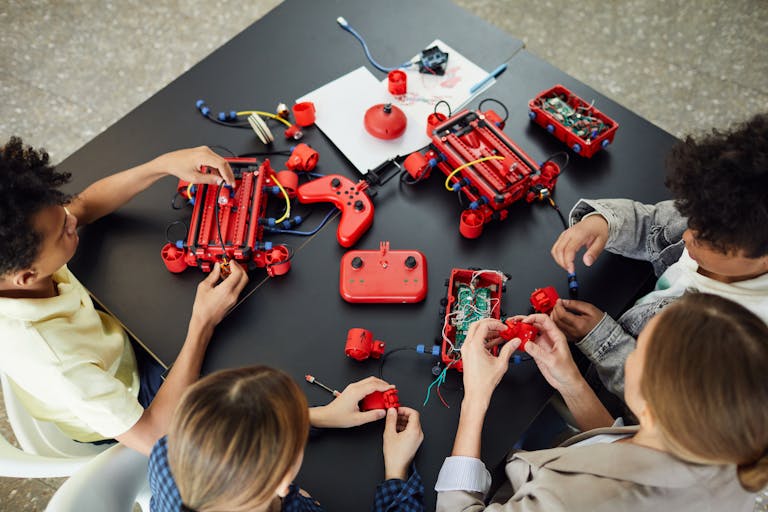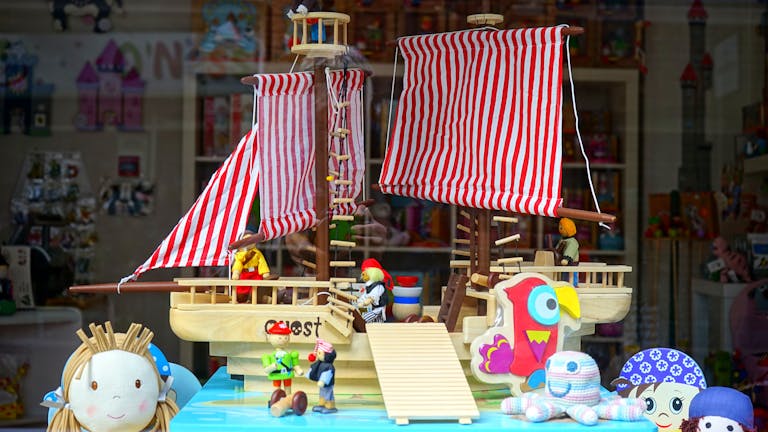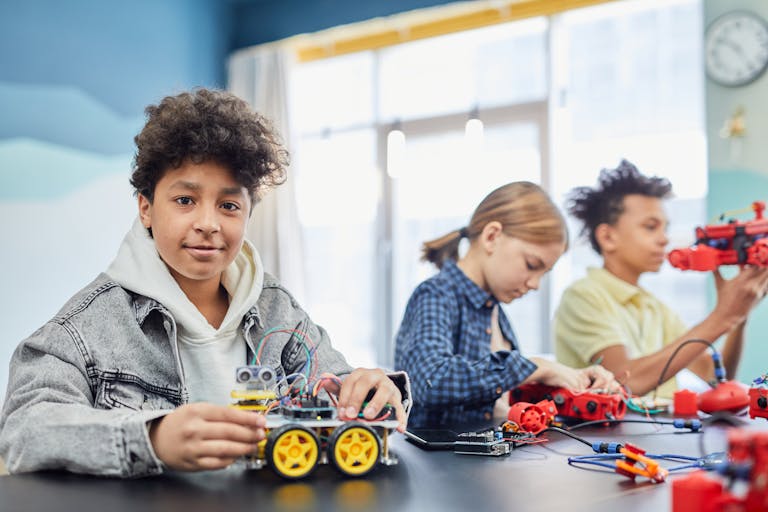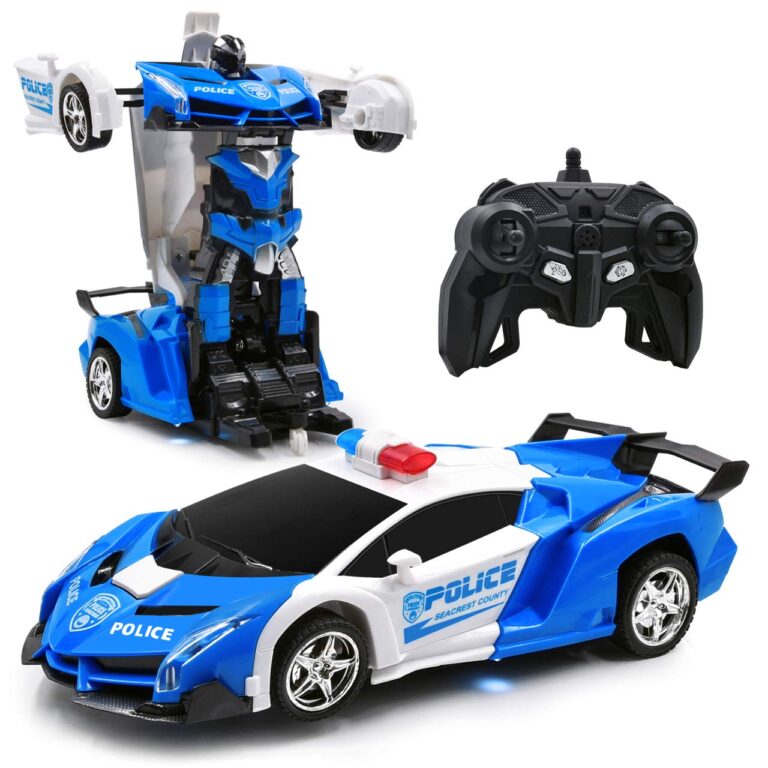Toys That Foster Problem-Solving Skills in Children From Puzzles to Building Blocks
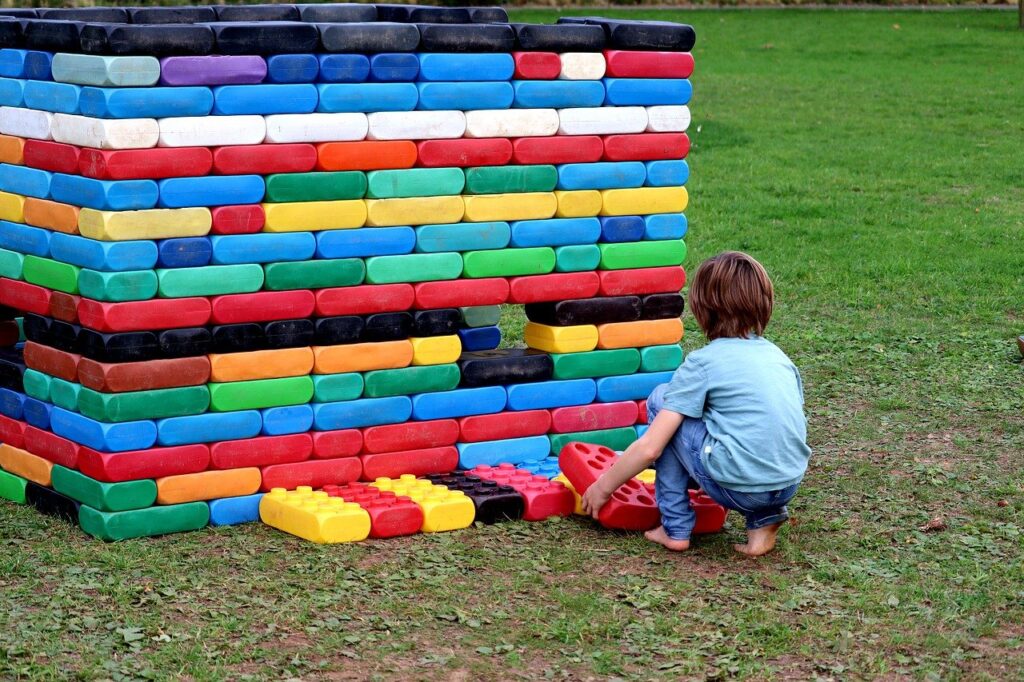
When it comes to raising a curious, confident, and intelligent child, playtime is more than just fun – it’s essential for cognitive development. Among the most valuable tools for nurturing young minds are toys that encourage problem-solving. These toys help kids develop critical thinking, creativity, and perseverance, essential skills they will use throughout their lives. From puzzles to building blocks, here’s a look at some of the best toys that can foster problem-solving skills in children.
Why Problem-Solving Skills Matter for Kids
Problem-solving is one of the core cognitive skills children develop during their early years. It teaches them to think critically, make decisions, and approach challenges with confidence. Whether solving a puzzle, building a structure, or figuring out how to make a toy work, these experiences shape their ability to think logically and find creative solutions to everyday challenges.
In fact, research has shown that problem-solving activities improve a child’s ability to focus, process information, and apply logic. These skills also contribute to better academic performance and higher emotional intelligence as kids learn to manage frustration and persist in the face of challenges.
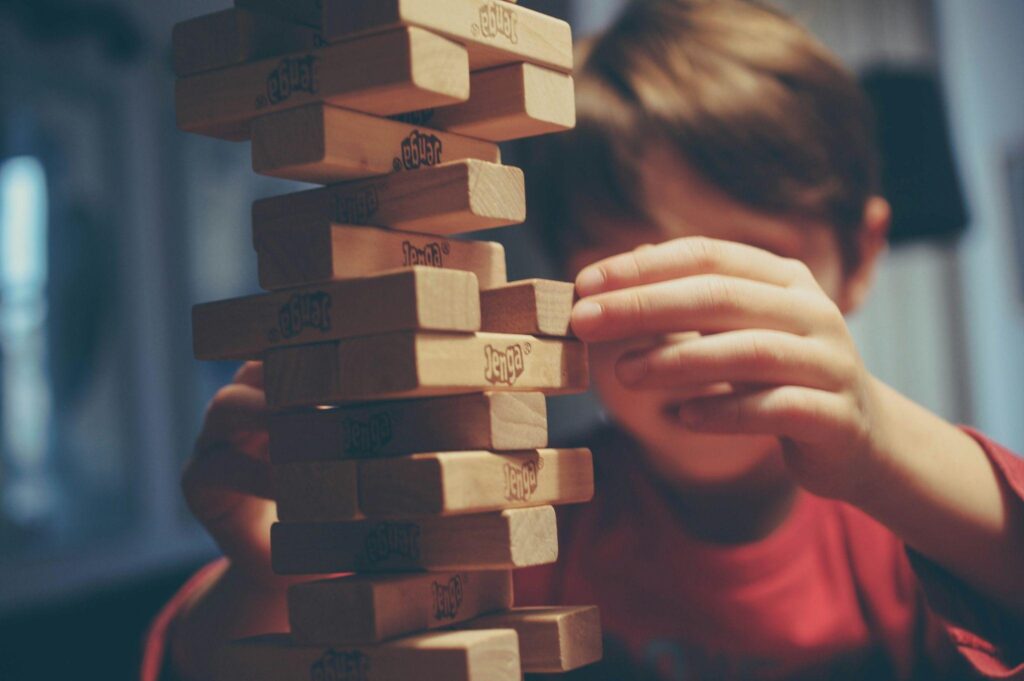
Top Toys That Help Develop Problem-Solving Skills
- Jigsaw Puzzles: Building Critical Thinking Puzzles are a timeless tool for developing problem-solving abilities. Whether they’re tackling simple 4-piece puzzles or more complex 100-piece ones, children are learning how to approach challenges step by step. Jigsaw puzzles require patience, focus, and an understanding of spatial relationships, all while improving fine motor skills.
Tip: Choose puzzles that match your child’s developmental level. Start with larger, simpler puzzles and gradually increase difficulty as they improve. - Building Blocks: Stimulating Creativity and Structure Classic building blocks, like LEGO sets or wooden blocks, are excellent for helping children understand cause and effect, balance, and spatial reasoning. By constructing structures, kids must plan, troubleshoot, and adjust their designs, all of which are crucial problem-solving skills.
Tip: Encourage your child to follow instructions for more complex builds, but also allow time for free play where they can come up with their own creative designs. - STEM Toys: Bridging the Gap Between Fun and Learning STEM (Science, Technology, Engineering, and Math) toys are specially designed to introduce kids to these fields while honing problem-solving abilities. Toys like robotics kits, engineering sets, and science experiments allow children to build, experiment, and innovate, which are key components of problem-solving.
Tip: Look for STEM toys that are appropriate for your child’s age group, ensuring that they can both challenge them and keep them engaged. - Memory Games: Enhancing Focus and Cognitive Skills Memory and matching games are another great way to boost problem-solving skills. These games challenge kids to remember the location of cards or objects and strategize their moves. As they progress, they’ll improve their ability to focus and use logic to predict outcomes.
Tip: Start with games that use pictures and increase the difficulty with time by introducing words or more complex patterns. - Shape Sorters and Stacking Toys: Developing Logical Thinking For younger children, shape sorters and stacking toys help them understand the concept of categorization, spatial relationships, and sequencing. These toys encourage problem-solving as kids figure out which shapes fit into which slots and how to balance the toys as they stack them higher.
Tip: Choose toys with varying levels of difficulty as your child grows, encouraging them to solve more complex puzzles as their skills improve. - Maze Games: Navigating Challenges Maze games, whether on paper or in 3D form, encourage children to think critically and plan their steps ahead. As kids navigate through mazes, they learn how to approach obstacles, overcome them, and reach their goal. These types of toys help develop strategic thinking and perseverance.
Tip: Challenge your child with more complicated mazes over time, gradually increasing difficulty to match their skill level.
How to Make Problem-Solving Fun for Kids

While problem-solving toys are beneficial, it’s important to keep the experience fun and engaging for your child. Here are some ways to ensure problem-solving remains a positive and rewarding experience:
- Set Realistic Goals: Give your child goals that are challenging but achievable. Overcoming small challenges boosts their confidence and motivates them to tackle bigger ones.
- Offer Praise and Encouragement: When your child solves a problem, offer praise and celebrate their achievement. This positive reinforcement motivates them to keep learning.
- Encourage Independent Thinking: Allow your child to try to solve problems on their own first, stepping in to offer help only when necessary. This fosters independence and a growth mindset.
Toys are more than just entertainment – they are essential tools for developing critical life skills. By choosing toys that foster problem-solving, such as puzzles, building blocks, STEM toys, and memory games, you are giving your child the opportunity to develop the cognitive abilities they will need throughout their lives. With the right toys, playtime becomes a valuable learning experience that shapes your child’s future success.
At SuperKidPlay, we offer a wide selection of toys that help children grow, learn, and have fun. Explore our collection today and find the perfect toys to support your child’s development!

